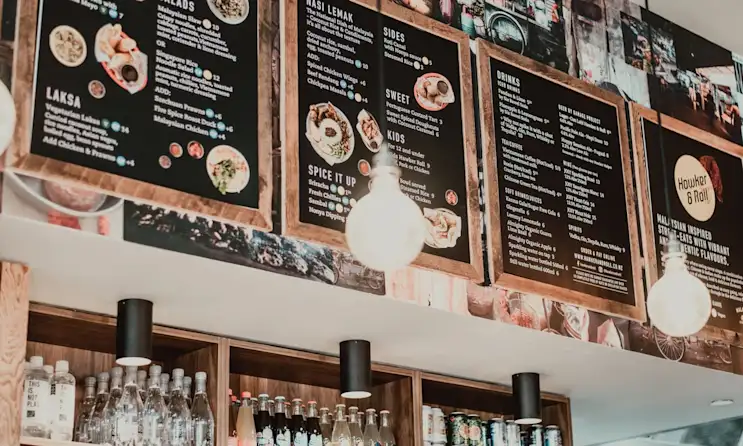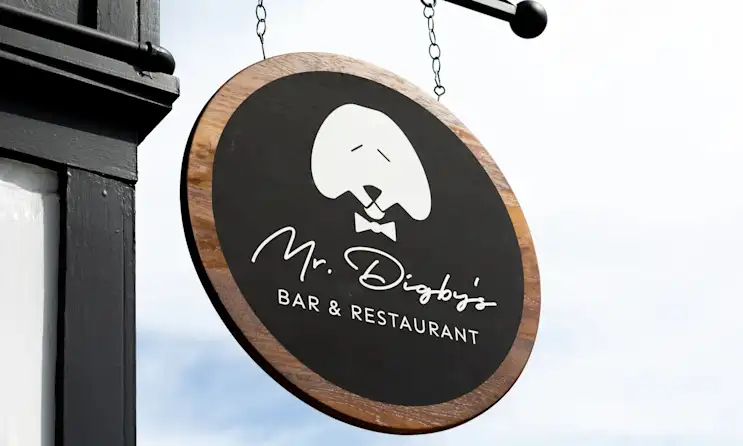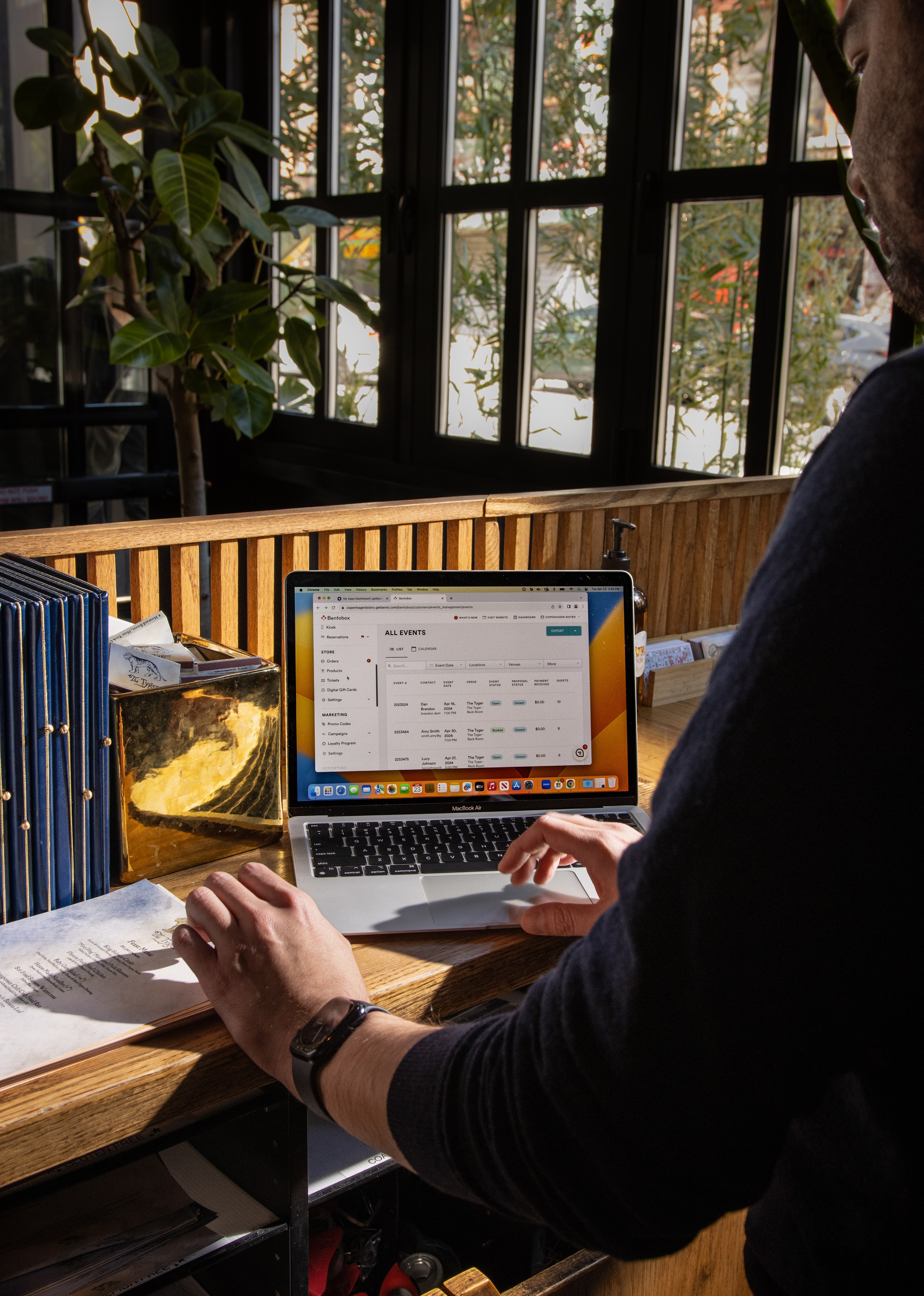Operations
How to Get a Liquor License in New York
January 5, 2023
Here’s what you need to know about selling alcohol at your restaurant in the Empire State.
Disclaimer: This information is not intended to be legal advice. Contact your attorney or state authority if you have questions about compliance. Last Updated: January 2023
Looking to add alcohol service to your restaurant? Opening a new concept? Securing a liquor license in the state of New York is thankfully a relatively straightforward process. Liquor licenses are managed through The New York State Liquor Authority, oftentimes called SLA or “the Authority.”
Keep reading to learn more about the types of licenses available, a step-by-step guide on how to apply, details on cost and tips for how to keep your license and stay in good standing.

RESOURCE
How to Open a Restaurant [Free Guide]
A step-by-step guide to planning, financing, staffing, stocking and marketing a new restaurant for its debut.
Types of Liquor Licenses
There are four main groups of liquor licenses in the state of New York:
on-premises licenses (e.g., bars, restaurants, taverns, hotels);
off-premises licenses (e.g., liquor stores, wine stores, grocery stores, convenience stores, drug stores);
manufacturing licenses (e.g., breweries, wineries, distilleries, cideries, meaderies); and
wholesale licenses (e.g., beer wholesalers, wine wholesalers, importers).
Each of the four categories have types of licenses within it. Most restaurants need an On-Premise License, specifically an OP 252 license. This type of license permits beer, wine, liquor and cider to be served for on premises consumption only. To qualify, restaurants must also have a kitchen and full menu.
How to Apply for a Liquor License in New York
Once you’ve identified the right license for your restaurant (and if you haven’t, head to step 3 first), it’s time to get your application materials ready. The State Liquor Authority’s Restaurant License Quick Reference is a handy resource to consult throughout the process if you have questions.
1. Review requirements and prerequisites
Before you get started, it’s important to understand any additional documentation you will submit. If you are applying as a sole proprietor or partnership, you’ll need a Business Certificate from your county clerk. If you are applying under a corporation or LLC name, you’ll need a filing receipt from the Secretary of State.
Additionally, it’s required that you’re over 21 years old, a US citizen (or otherwise eligible to hold a license), fingerprinted and don’t hold any interest in a wholesale, manufacturing or importing business. You can find more details here or email licensing.information@sla.ny.gov with any questions.
2. Review three main liquor laws
Make sure you’re familiar with these three key laws that may impact your ability to hold a liquor license:
Tied House Law - If you hold a direct or indirect interest in any manufacturing or wholesale business (in any capacity — meaning in New York State, another state or abroad), you will not be able to secure a restaurant license in New York State.
200 Foot Law - If your restaurant is within 200 feet of and on the same street as a school or place of worship, you are not eligible for an on premises license. However, this law does not apply to restaurants that only serve wine or beer (no liquor or cider).
500 Foot Law -If your restaurant is within 500 feet of three other establishments that have an on premises license, you are not eligible for your own on premises license. This is only applicable in towns with a population of 20,000 or more.
3. Use the Application Wizard
The New York State Liquor Authority has a helpful application wizard that shows the exact type of license you need based on how you answer a few questions. While most restaurants need an On-Premise License (OP 252), this can vary by what type of alcohol you want to serve, which county your restaurant is located in and the size of your restaurant.
4. Gather your materials
There are over a dozen pieces of documentation that you’ll need to apply for a liquor license. These include:
Completed Application
All Fees
$1,000 Penal Bond
Proof of citizenship
Photos of the premises and principals
Photo Identification for each principal
Lease/Deed/Management Agreement (if applicable)
Contracts of Sale for the real property and/or business (if applicable)
Investment Records
Diagrams of the Premises
Filing Receipt
Menu
Community Board/Municipality 30 Day Notification and proof of mailing or delivery (must use the Standardized Notice Form and wait 30 days after notification to file your application with the Authority)
Restroom waiver request (if only one restroom)
Notice of Appearance (if represented by someone other than the applicant principals)
Holding Corp Stipulation (if the applicant company is owned or partially owned by another legal entity)
5. Prepare to wait
The review process can take approximately 22-26 weeks, so make sure to plan around this wait time and submit your application as early as possible.
How Much Does a Liquor License Cost in New York?
The cost of a liquor license in New York depends on what type of alcohol is being served and which county you’re located in. For most restaurants, an OP 252 On-Premises Liquor license is what’s needed, which allows you to serve liquor, wine, beer and cider. The license is valid for 2 years and can range from $1,792 to $4,352 based on county location. There’s also a $200 filing fee, regardless of location. Find a full chart of fees here.
What to Do to Keep Your Liquor License
Between the application process, filing fees and wait time, it’s a big investment to secure a liquor license. Once obtained, it’s in your best interest to do what you can to retain your license. Here are six ways to stay in compliance.
1. Post required signs
There are three signs you need to post: 1) original license certificate, 2) pregnancy warning sign, and 3) sale to minors and intoxicated persons sign. They should be hung in a visible place that’s near to where alcohol is served. In addition, your original license certificate should be framed and behind glass.
2. Only sell during approved hours
Alcohol can be sold for on premises consumption during certain hours depending on the county. Make sure you stay in compliance. There are 62 counties in the state of New York, and you can find the county closing hours for each one here.
3. Follow the “unlimited drink offering” law
Liquor license holders cannot offer unlimited drinks at a set price for a specific period of time. For example, all-you-can-drink or bottomless promotions are not allowed. Additionally, the State Liquor Authority prohibits discounted drinks from being sold at less than half of the regularly charged price. Find more details here.
4. Alert the Liquor Authority about changes
If you want to make the following changes in ownership, you must request approval from the State Liquor Authority: removing owners or investors, changing shares of ownership, appointing or removing officers/directors/members. Submit a corporate change application and wait for approval.
The only exception to this rule is if your LLC has 10 or more stockholders and a change in ownership impacts less than 10% of stock holdings and no members' total holdings are increased to 10% or more.
Additionally, any on premises alterations such as enlargements or physical changes that reduce visibility need to be approved through an alteration application before renovations begin. For minor changes such as name or address corrections on your license certificate or principal name changes due to marriage or divorce, an endorsement application must be submitted.
5. Self report a violation
Any non-compliance or violations of the State Liquor Authority’s rules or Alcoholic Beverage Control Law should be self-reported soon after it takes place. By self-reporting, you display “good faith, trust and a commitment to compliance and working with the Authority.” Not only is this a way to prevent costly and oftentimes long investigations, but those who self-report typically receive reduced penalties in any disciplinary actions. Submit details of your violation through this form.
6. Renew your license
Most restaurant liquor licenses in New York are valid for two years. You’ll receive a renewal notice about three months before your license expires. Before the expiration date of your license, you must complete a renewal application and plan to budget 10 business days for processing.
Additional Resources for New York Restaurants
Quick Links

BentoBox Marketing & Commerce Platform
Deliver Smarter Hospitality
Want to stand out online, bring in more money, engage your diners, and streamline operations?
Recommended

Marketing
5 Menu Description Tips To Drive More Sales
April 12, 2024
There’s a science behind effective menu writing. Here’s what you need to know.

New Openings
The Ultimate Guide to Restaurant Name Ideas
July 13, 2022
What’s in a name? A lot of brainstorming, sweat and tears. Learn how to create a great restaurant name.

Operations
How To Run a Profitable Restaurant
January 27, 2022
To run a profitable business, restaurants need to calculate their profit margin and know how to improve it.

